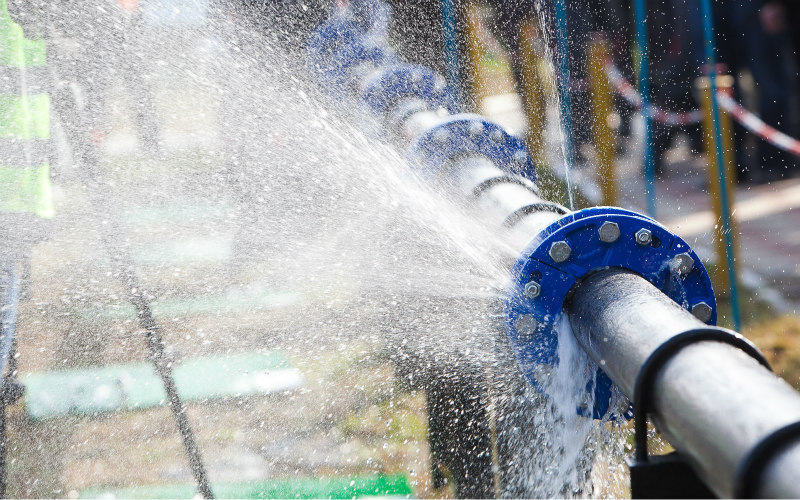
Do you provide water to others from a private source?
The Water Intended for Human Consumption (Private Supplies) (Scotland) Regulations 2017 came into effect on 27 October 2017. The introduction of the Regulations means that responsibility for ensuring the quality of a private water supply could now be laid at your door where previously it may not.
The Regulations provide for two types of private supplies called Type A and Type B and all private water supplies will fall within one category or the other. However the Regulations largely relate to Type A supplies which are those that provide in total more than ten cubic meters of water a day (on average) or which supply more than fifty people or are deemed to be used for any type of commercial activity. All other supplies will be classed as Type B.
The Regulations impose responsibility, and therefore liability, on the “Relevant Person” which is a defined term and mirrors the definition contained within the earlier private water regulations as meaning:-
(1) those owning any part of a private water supply system; or
(2) those owning or occupying the land where water is abstracted or any part of the private water supply system is installed; or
(3) those exercising powers of management or control over the land where water is abstracted, where part of the private water system is installed, where a body of water or other source used for water abstraction is located or over the water supply system itself.
The Regulations expand upon this with the introduction of a “Water Supplier” which is defined as a person who introduces water into, or uses, a private water supply system for the purposes of supplying, as part of a commercial or public activity, water to the premises of another person.
All local authorities are now obliged to compile and maintain a register of private supplies in their area. As part of the registration process, risk assessments and water tests will be required to ensure that certain levels of potentially harmful material are not exceeded. Risk assessments must be carried out to standards approved by the Drinking Water Quality Regulator for Scotland and updated at least every five years. The local authority may however request more frequent testing if they consider a risk to be present or if there is a change to the system which could lead to deterioration in the quality of the water.
Other points worth noting are the increase in local authority powers in respect of assessment, testing and enforcement. Where a supply fails the water tests, the local authority is obliged to investigate, identify the cause, and if necessary, order remedial action be undertaken and also has the power to prohibit the supply and inform consumers of potential danger. Needless to say, this could have serious consequences for a business such as a farm shop, hotel or holiday lodges.
The local authority can serve a Remediation Notice ordering works be carried out to bring the supply up to standard. There is a right of appeal, but failure to comply means the local authority may carry out the work and then recover costs from the relevant person. Failure to implement the Remediation Notice or obstructing anyone carrying out the work is an offence and punishable with a fine. Alternatively the relevant person could be served an Enforcement Notice, which is slightly more serious in that there is no right of appeal and it carries similar rights of entry, fines and potential costs against the relevant person.
The recovery of costs is also now more extensive with “expenses reasonably incurred” being charged. There is no guidance on what this might include, which potentially leaves the relevant person with the prospect of facing considerable bills.
In summary the new regulations broadens the net in terms of who might be liable for ensuring the quality of water from private supplies and imposes statutory obligations in respect of registration, risk assessment, monitoring and maintenance with increased penalties for failure to meet those obligations.
For further information and advice in relation to land registration and ownership please contact a member of our Land and Rural Business Team.
